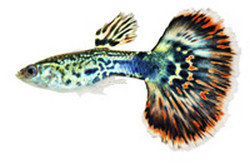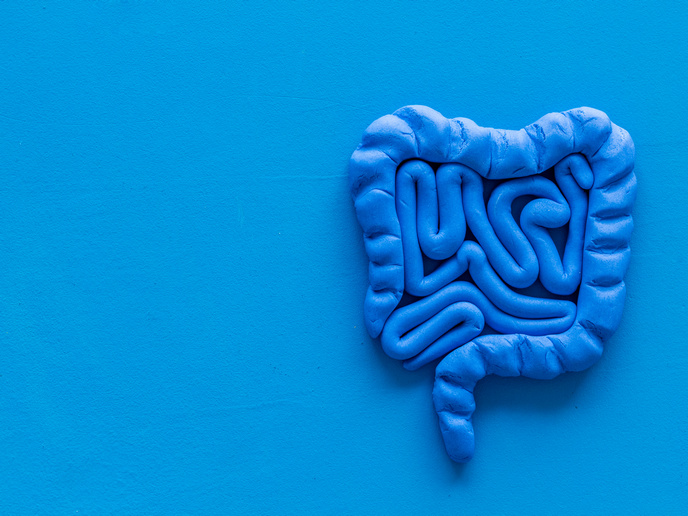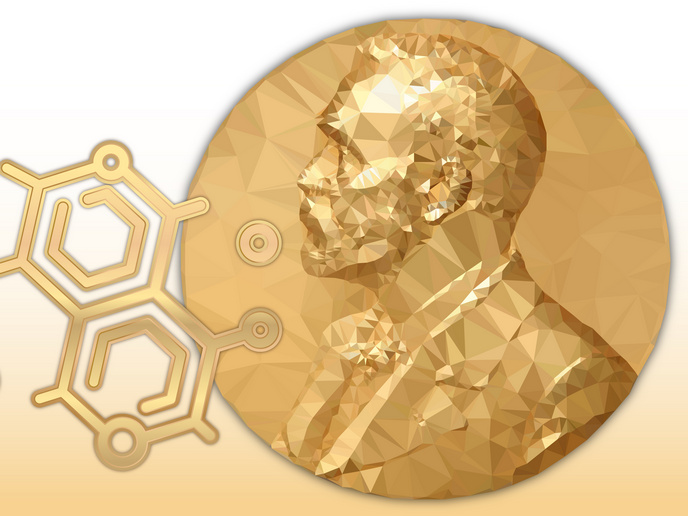Endocrine disruptors in fish models
The 'Behaviour, pollutants and genomics: Exploring their interactions in a fish model' (BEPOLGEN) project is studying the effect of EDCs on the guppy (Poecilia reticulate). Researchers are using the model organism for behavioural and genetic assays to reveal how EDCs affect reproduction and sexual selection. BEPOLGEN is one of the first studies to examine the impacts of EDCs on both male and female reproductive behaviour and quality of offspring. Researchers used state-of-the-art next-generation sequencing (NGS) technology to investigate how EDCs alter gene expression. Guppies were exposed to synthetic oestrogen 17alpha-ethynyl estradiol (EE2), which is used in oral contraceptive pills. The purpose was to determine how it affects reproductive behaviour and reproductive success. The project used NGS to determine transcriptomic profiles of the fish's brains and ovaries or testes. It also investigated the effects of exposure to EE2 on gene expression. In addition, BEPOLGEN has examined the identity of and changes to expressed transcripts (sequences of RNA molecules produced by transcription). The aim is to determine if there is a link with observed behavioural changes. Information gained from the study will enhance understanding of genetics, including how organisms adapt to environmental changes brought about by human activities. Therefore, the project outcomes will provide evidence of how the genome and environment interact. This evidence will include identification of genes that differ in expression between males and females and changes in expression due to EE2. Furthermore, changes in gene expression due to EE2 exposure will be compared with its effects on sexual selection. Potentially serious effects of EDCs on humans (such as decreasing sperm counts) and wildlife means their long-term effects must be studied in greater detail. As such, the knowledge gained from BEPOLGEN will help to ensure a safe and sustainable European environment.
Keywords
Endocrine disrupting chemical, evolutionary processes, population viability, pollutants, genomics, fish model, guppy, sexual selection, reproductive behaviour, next-generation sequencing, EE2, gene expression







